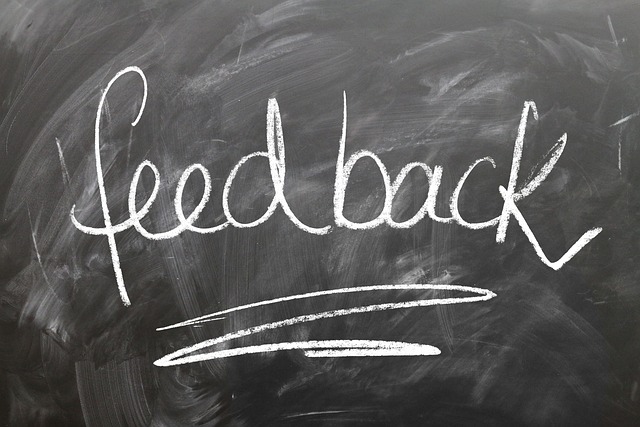
Mastering Effective Communication: Relationship Advice for Better Understanding
Mastering Effective Communication: Relationship Advice for Better Understanding
Effective communication is the heartbeat of every successful relationship. Whether it’s between partners, friends, or family members, the ability to convey thoughts, emotions, and intentions clearly can significantly impact the connection you share. Yet, communication isn’t always as straightforward as it seems; it requires sensitivity, awareness, and effort from all parties involved.
The Importance of Listening
One of the fundamental aspects of effective communication is active listening. It’s not just about hearing words; it’s about understanding the emotions and intentions behind those words. When you truly listen, you create an environment of trust and respect. This act not only makes the speaker feel valued but also paves the way for deeper understanding.
Tip: Try to paraphrase what the other person has said before responding. This technique ensures that you’re both on the same page and helps clarify any misunderstandings early on.
Nonverbal Cues Matter
Body language, facial expressions, and even tone can significantly alter the meaning of spoken words. Often, what isn’t said is just as important as what is said. Being mindful of your nonverbal cues can enhance your communication dramatically. For instance, maintaining eye contact shows you’re engaged, while crossed arms might signal defensiveness.
Tip: Match your nonverbal signals to what you’re saying. If you’re expressing affection, your body language should reflect openness and warmth.
Express Emotions Authentically
Being open about your feelings can be daunting, yet it’s key to fostering an environment of safety in relationships. Sharing your emotions honestly encourages others to do the same, nurturing an authentic connection built on mutual understanding and respect.
Tip: Use “I” statements to express your feelings without placing blame. For example, instead of saying, “You never listen to me,” you could say, “I feel unheard when I’m speaking.”
Avoid Assumptions and Ask Questions
Assumptions can be the enemy of effective communication. Often, we assume we know what others are thinking or feeling, leading to confusion and conflict. Instead of making assumptions, ask open-ended questions to gain clarity and encourage dialogue. This not only fosters understanding but also demonstrates genuine interest in the other person’s perspective.
Tip: When in doubt, ask! Questions like “How did that make you feel?” or “Can you tell me more about that?” can open up beneficial conversations.
Practice Patience and Understanding
In a world that often demands instant responses, patience can be a rare virtue. Giving each other the time to process thoughts and emotions can lead to more productive discussions. Moreover, understanding that everyone has different communication styles allows you to approach conversations with empathy and support.
Tip: If emotions run high during a conversation, it may be beneficial to take a break and revisit the discussion later. This can prevent misunderstandings and allow for more thoughtful responses.
The journey towards mastering effective communication is ongoing, and every relationship can benefit from intentional efforts. By embracing these relationship tips, you’ll not only enhance your ability to connect but also cultivate deeper, more fulfilling connections with those around you.


